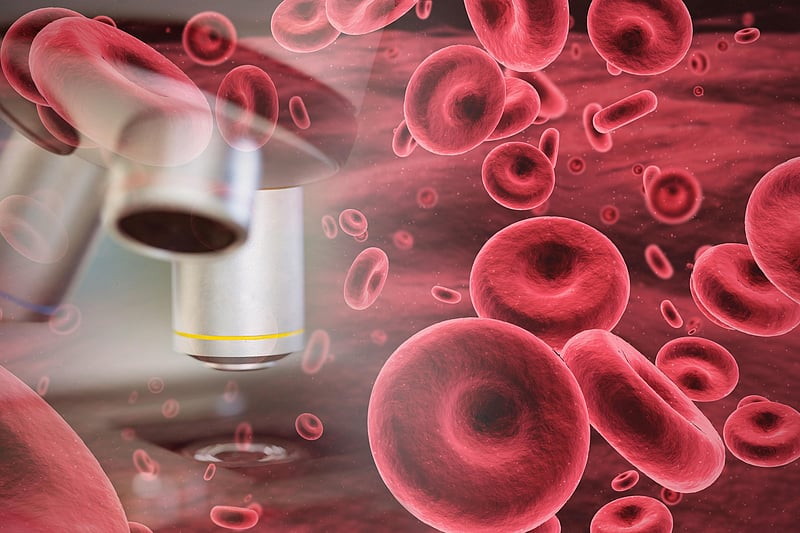Get Healthy!

- Dennis Thompson
- Posted July 22, 2022
Gene Therapy Makes Inroads Against a Form of Hemophilia
People with hemophilia B could find their bleeding risk dramatically reduced with just one injection of an experimental gene therapy, a new study reports.
Hemophilia B is a rare and inherited genetic disorder in which people have low levels of the factor IX (FIX) protein, which is needed for forming blood clots.
Patients have to inject themselves regularly with a synthetic version of the FIX protein.
But a new gene therapy called FLT180a led to sustained production of FIX protein in 9 of 10 patients participating in early trials, removing the need for regular replacement injections, researchers reported.
After 26 weeks, five patients still had normal levels of FIX protein, three had levels that had flagged but were still higher than before, and one had an abnormally high level, researchers said.
The therapy works by using a hollowed-out virus to deliver a functional copy of the FIX protein gene to replace the one that isn't working.
While the treatment was generally well tolerated, all patients experienced some side effects. This included an abnormal blood clot in a patient who received the highest dose of the therapy and later produced the highest levels of FIX protein.
Researchers plan to track the patients for 15 years to judge the long-term safety and durability of the approach.
"Removing the need for hemophilia patients to regularly inject themselves with the missing protein is an important step in improving their quality of life," said lead researcher Dr. Pratima Chowdary, a hematologist at the Royal Free Hospital in London and University College London (UCL) Cancer Institute.
"The long-term follow-up study will monitor the patients for durability of expression and surveillance for late effects," she said in a UCL news release.
The findings were published July 21 in the New England Journal of Medicine.
More information
The National Hemophilia Foundation has more about hemophilia B.
SOURCE: University College London, news release, July 20, 2022
